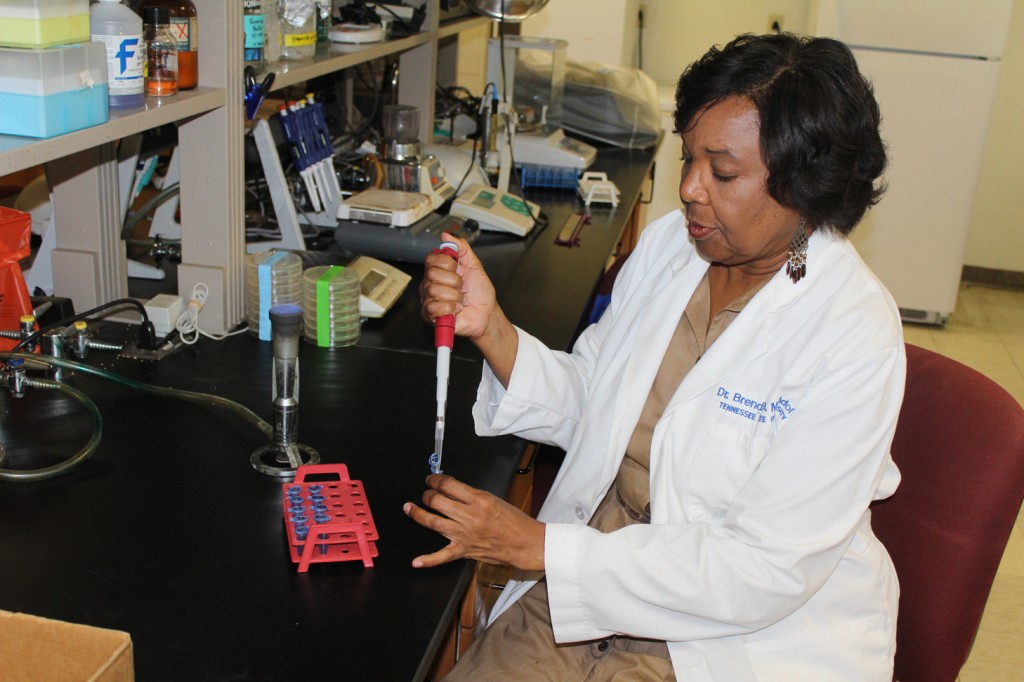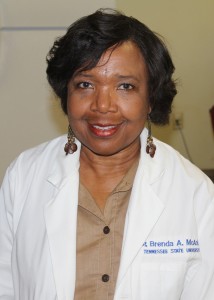NASHVILLE, Tenn. (TSU News Service) – A memorial service for Dr. Levi Watkins, noted medical pioneer and TSU alum, will be held in Baltimore on Tuesday, April 21. Dr. Watkins died Friday after a massive heart attack and stroke. He was 70.
The service will be held at 1 p.m., at Union Baptist, 1219 Druid Hill Avenue, Baltimore, Maryland 21217. The phone number to the church is (410) 523-6880. Arrangements are being entrusted to the Redd Funeral Home, 1721 N. Monroe Street, Baltimore, Maryland 21217. (Tel: 410-523-1600).
A behind-the-scenes political figure and civil rights activist who broke many racial barriers, Dr. Watkins was the first black chief resident of cardiac surgery at Johns Hopkins Hospital. He was known as much for fighting the injustice faced by African-Americans as for his groundbreaking medical work, such as the creation and implantation of the Automatic Implantable Defibrillator (AID). The device detects irregular heart rhythms and shocks the heart back to life.
“Dr. Levi Watkins changed the world with his passion for medicine,” said TSU President Glenda Glover. “The University family extends sincerest condolences to the Watkins family during this difficult time. Dr. Watkins not only impacted the field of medicine, but he also inspired African-Americans to become doctors as he broke down the color barrier at two of the nation’s leading medical institutions. TSU will always remember his service to others, professional achievements, and dedication to his alma mater. He leaves a tremendous legacy that will surely inspire our students and others that follow in his footsteps.”
According to the Baltimore Sun, Dr. Watkins was outspoken yet humble. He never took his success for granted and worked tirelessly to help create the next generation of African-American doctors and activists.

Dr. Watkins was born in Kansas, the third of six children, but grew up in Alabama, where he got his first taste of the civil rights movement. He met Dr. Martin Luther King Jr. at the age of 8 when he and his family attended Dexter Avenue Baptist Church in Montgomery, where Dr. King was the pastor.
He attended Tennessee State University as an undergraduate, studying biology. He then made history at Vanderbilt University in Nashville, where he became the first African-American to study and graduate from the school with a medical degree. It was an experience he described over the years as isolating and lonely, but would be the first of many milestones.
After graduating from Vanderbilt, Dr. Watkins started a general surgery residency at Johns Hopkins Hospital in 1971, where he became the first black chief resident of cardiac surgery. He left Baltimore for two years to conduct cardiac research at Harvard Medical School before returning to Johns Hopkins.
Department of Media Relations
Tennessee State University
3500 John Merritt Boulevard
Nashville, Tennessee 37209
615.963.5331
About Tennessee State University
With more than 9,000 students, Tennessee State University is Nashville’s only public university, and is a comprehensive, urban, co-educational, land-grant university offering 42 undergraduate, 24 graduate and seven doctoral programs. TSU has earned a top 20 ranking for Historically Black Colleges and Universities according to U.S. News and World Report, and rated as one of the top universities in the country by Washington Monthly for social mobility, research and community service. Founded in 1912, Tennessee State University celebrated 100 years in Nashville during 2012. Visit the University online at tnstate.edu.




